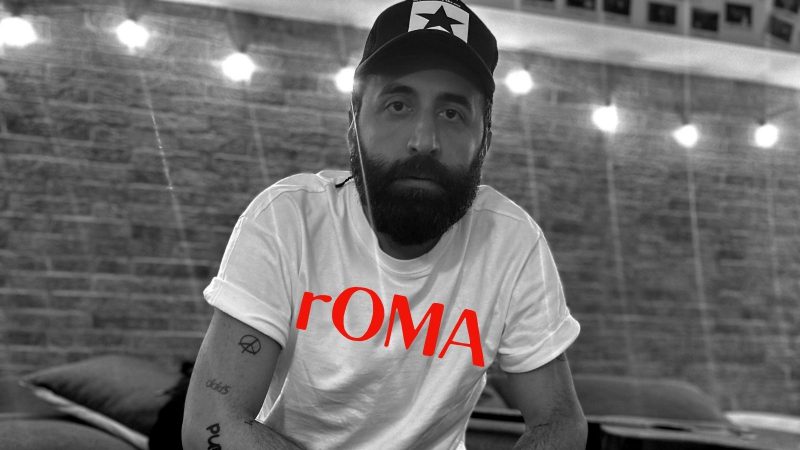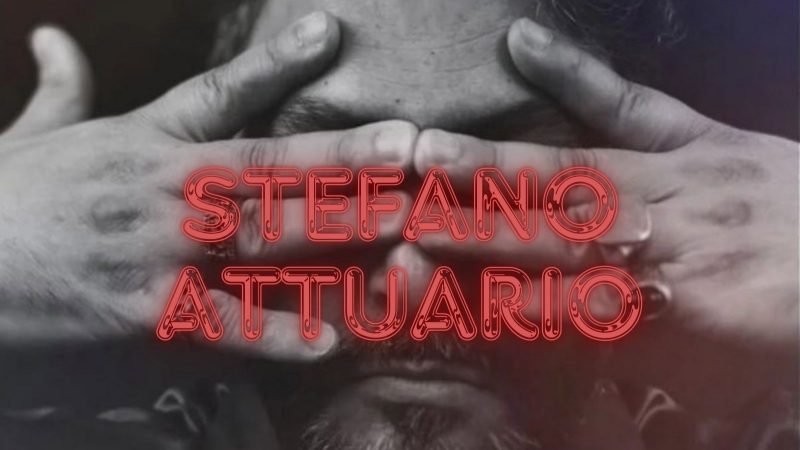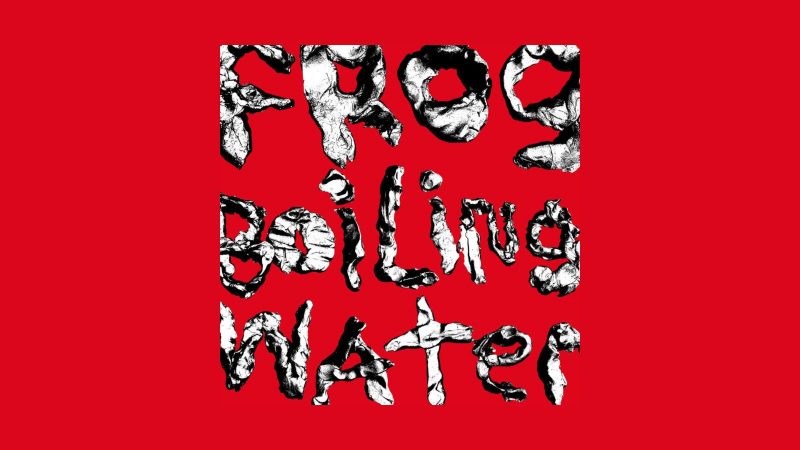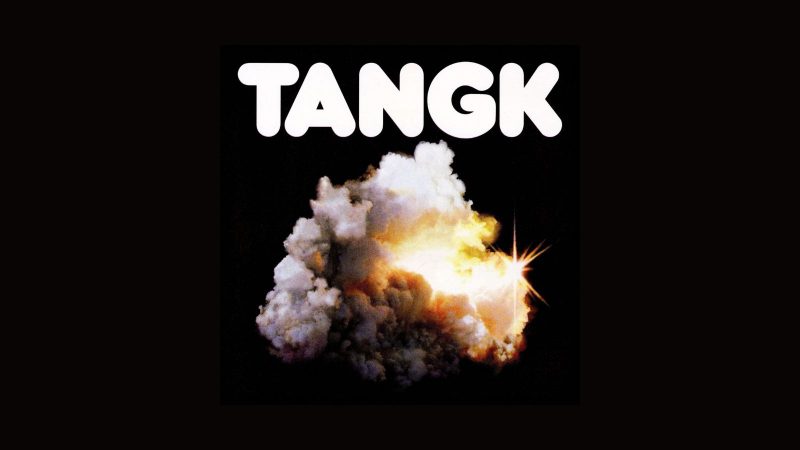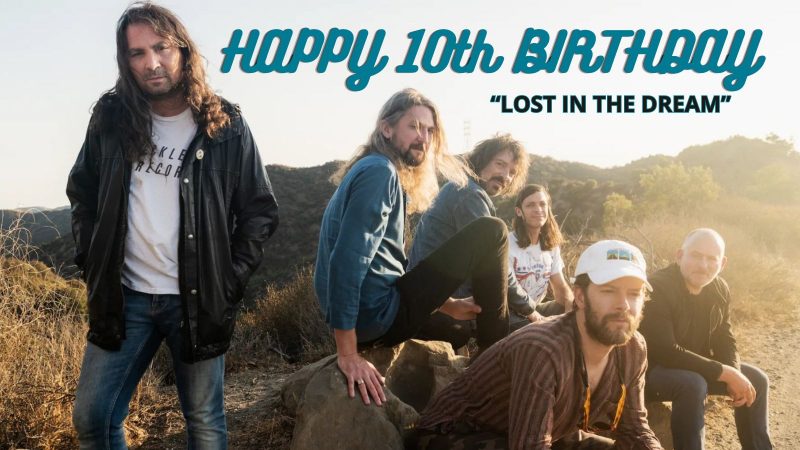SUPERATTICO WON THE SECOND EDITION OF EP STAGE!
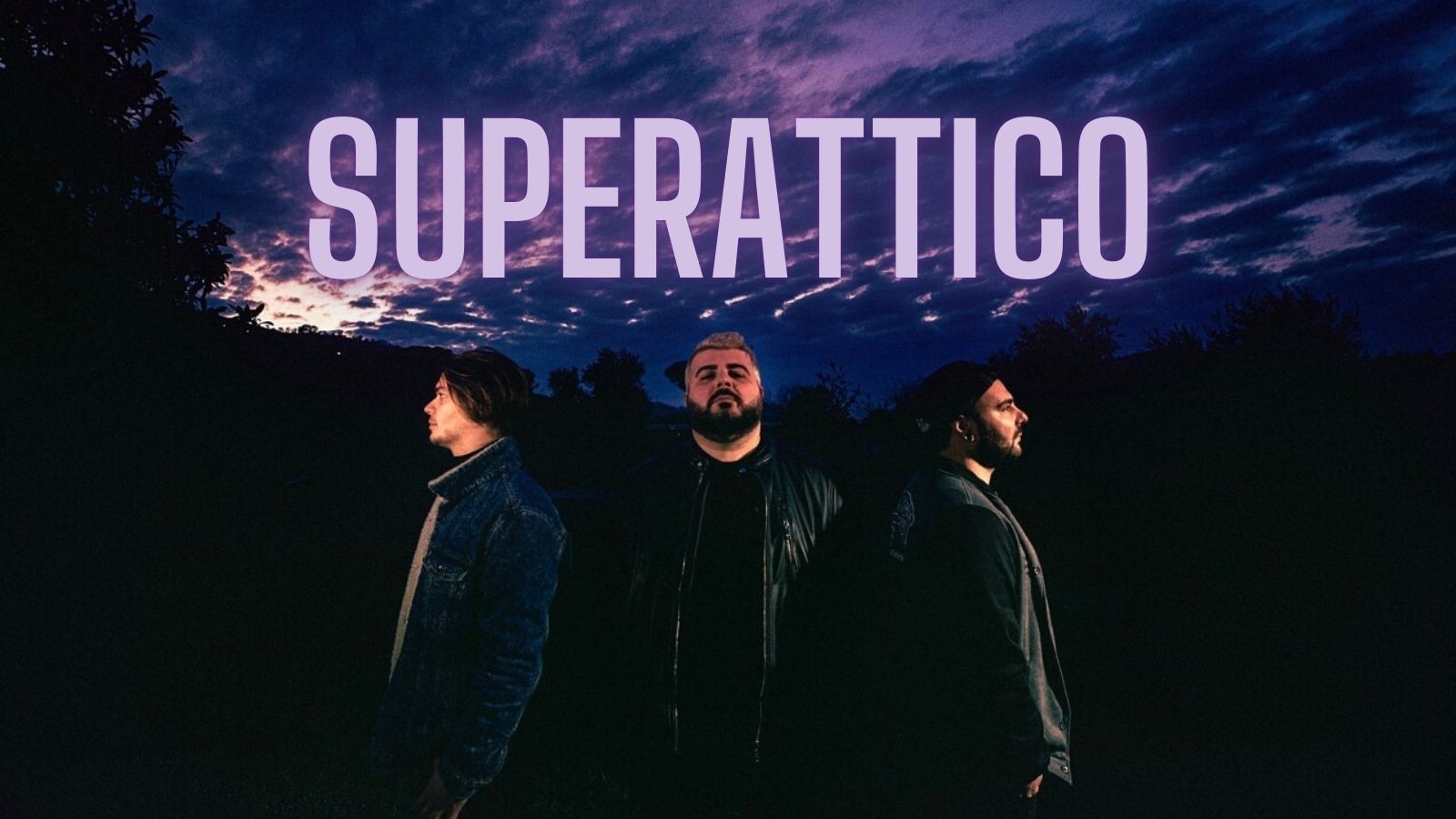
The second edition of EP STAGE – contest conceived by XXXV Studio of Cava dè Tirreni, for bands and musicians performing their original music – ended with the victory of the band Superattico.
The winner was arguably the most complete and contemporary choice, well suited for recording and with the best radio potential, demonstrating cohesion and excellent stage presence. Superattico won the production and the digital distribution of an EP by XXXV Live and Imakerecords, along with the opportunity to perform live on two future occasions.
They won the final over Antonio Calabrese, a young and talented singer and songwriter from Bracigliano, who came in third after captivating everyone with his songs, and Piume di Morris, a Turin-based art-punk duo who ranked second and represented the true “wild card” of the competition. They offered a musical choice that blends together theatre, situationism, transgressive aesthetics, drama, and comedy, and escapes any attempt of labelling. Piume di Morris was awarded the EP TOUR prize, consisting of 3 live performances in 3 Italian clubs produced by Revolver Concerti.
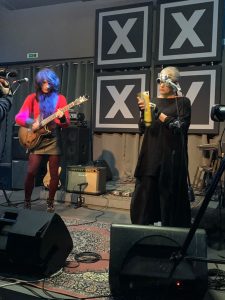
THE EVENT
The second edition of EP STAGE was an exciting journey, carried forward with lightness and enthusiasm despite inevitable unexpected events that tried to disrupt its natural course. It confirmed XXXV Studio as the ideal stage for artists willing to share their production with the public. A small and sacred place like a temple, a space of aggregation and culture, of inclusion and passion, of fun and discussion, where music serves as a trait-d’union of souls seeking emotions in notes. A place to preserve and cherish, resisting the times where music is often downgraded to mere “entertainment,” a place from which to rebuild a “network,” in a perspective of collaboration with other music entities in the area: Dissonanze in Baronissi, Periferica Konnection in Fisciano, Cantina Cicerinella in Bracigliano.
Talking about winners at EP STAGE may sound strange because, as the contest’s creator Nicodemo always emphasizes, “there are no winners or losers, only the spread of beauty!” For this reason, applause should be extended to all 11 artists who participated in this edition, the jury (singer of Banco del Mutuo Soccorso Tony D’Alessio, the charismatic author of the popular IG column “Musicamuorz” Silvia Nasti, the astute “live passionaria” Nagaina Nacchia), the audience in the room who contributed to further debate during the contest, as well as the technical staff (Martino D’Amico, Giovanni Ferrara, and all the behind-the-scenes operators, especially Francesco Tedesco, Nicodemo’s partner and a fundamental support for the competing artists), who conducted the live broadcast of the event on YouTube, allowing participation for those far from the event location.
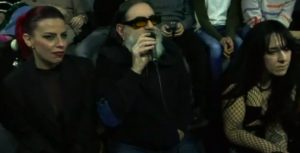
SUGGESTIONS
EP STAGE has been fantastic, however, after witnessing the second edition, we’ve raised some questions and considered it necessary to report some points for reflection, believing they could serve as suggestions for improving future editions. These are not to be taken as criticisms but rather as humble invitations for the improvement of a contest we have truly grown fond of!
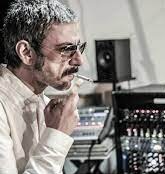
-
Starting with the criteria for selecting the participants and the terms of the competition. While diversity and representation of various genres truly represent the “north star” of the competition, picking and pairing contestants, represents a risk that shouldn’t be underestimated, as it may lead to miss significant pieces along the way. In this sense, it would be advisable to have bands or artists competing in the same “musical territory”, at least for the initial selections. In other words, putting a rapper against a metal band is a bit like looking in the mirror and deciding whether to wear a tuxedo or a tracksuit. There’s no affinity, at least not obvious. A different criteria, categorising by genre, would increase the likelihood of advancing the “best” musical proposal, perhaps avoiding painful losses like those happened in this edition (such as the elimination of Bird, objectively more deserving of advancing than others).
-
Second observation: the start time of live performances. While late hours may go well with music, starting a concert at 11:15 PM, especially on weekdays, means excluding a whole set of people who, despite wanting to attend (even virtually), are unable to do so due to fatigue, family reasons, and early work commitments the next day. Starting at 9:30 PM would be great, allowing many to enjoy a show otherwise unfeasible for those hours… why not implement this point from the next edition?
-
The third aspect to highlight is the absence of women. It’s paradoxical that, in 2024, the only woman performing in a music contest… is a man dressed as a woman! We’re not talking about “gender quotas” but rather about sensitivity, because it’s time to eliminate a certain type of sexism from music. There are wonderful female artists out there, so why not encourage them to participate in the future? Just a thought: how spectacular would an edition of EP STAGE featuring only female artists be?
-
The fourth point: the “flying judge,” a concept that may need revision in our view. Despite being a temporary solution, the rotating fourth judge formula was interesting for a couple of episodes but ultimately detrimental to the credibility of the judgments expressed. It needs clarification: each judge embodies their own thoughts, tastes, vision, way of understanding music, as well as their specific “musical sensitivity,” which is supposed to be expressed consistently throughout the event. The rotating fourth judge, however, ends up embodying nothing more than “their own thoughts at that moment”: although they may be “in the industry,” they don’t have a crystallized history of judgment, nor do they have a future in that role since their seat will be taken by someone else in the next episode. In this scenario, their expression can’t take the form of judgment but at most, that of an opinion, not unlike that of an audience member (more or less passionate and competent) encountering a band/artist’s performance for the first time.
-
This also ties into the fifth and final point of reflection, which is the criteria for selecting members of the (potential) future jury. It would be necessary to raise the bar in terms of quality, elevating the role of the judge to that of a mentor for the competing artists. We support this line because, without a “title” (which no entity can issue) or a defined job role in the “industry,” a judge’s judgment is always and only what passes through their subjective lens, certainly based on listening and passion, but also on an abstract concept of competence. In simple terms: listening to a lot of music or attending 200 concerts a year undoubtedly makes you passionate, but it doesn’t automatically make you credible as a judge, let alone competent… especially if, for example, you persuade a singer-songwriter to deviate from their style and do an unplugged performance with an improvised band in the style of Nirvana… No offense intended!
keep in touch with XXXV Studio
Written by: Jack Div


